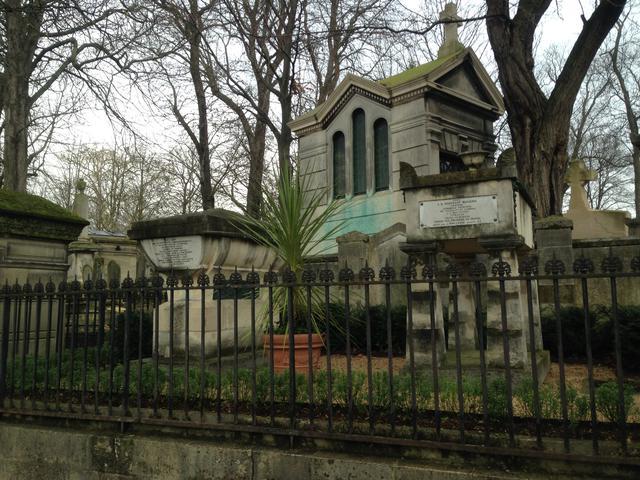Moliere

Jean Baptiste Poquelin, known by his stage name Molière, is a legendary figure in French literature and theater. Born in 1622, Molière is celebrated as the father of modern French comedy, with his works still being performed and studied around the world today. His sharp wit, satirical humor, and insightful social commentary have made him a timeless icon in the world of theater. Molière's influence on French culture is so profound that the French language itself is often referred to as "the language of Molière."
One of Molière's most famous works is "Le malade imaginaire" ("The Imaginary Invalid"), a comedic play that explores themes of hypochondria, medical quackery, and the absurdities of the human condition. It is said that Molière himself tragically passed away while performing this very play on stage in 1673, adding a layer of dramatic irony to his legacy. His death on stage only served to enhance his reputation as a master of the theatrical arts.
Molière's final resting place is a point of interest for many visitors to Paris. He is buried in the historic Père Lachaise Cemetery, alongside other notable figures such as Jean de la Fontaine. In 1817, Molière's remains were transferred to Père Lachaise as part of a strategic move to attract more prestigious burials to the cemetery. The plan worked, and Père Lachaise quickly became a popular final resting place for the Parisian elite. Today, the cemetery is a peaceful and picturesque spot where visitors can pay their respects to Molière and other luminaries of French culture.
Visitors to Paris can explore Molière's legacy through various museums, theaters, and cultural institutions dedicated to his life and work. The Comédie-Française, France's national theater, often stages productions of Molière's plays, allowing audiences to experience his genius firsthand. Additionally, the Musée Molière in Paris offers a comprehensive look at the playwright's life, featuring artifacts, manuscripts, and memorabilia from his illustrious career. Whether you're a theater enthusiast, a history buff, or simply a curious traveler, Molière's impact on French culture is undeniable and worth exploring.
© ChatGPT 3.5
Molière died while wearing a green suit. Since then, French comedians cannot use green on stage, as it is supposed to be a cursed color.
We doubt that the bones in this tomb are actually Molière's. As a comedian in the 17th century, he was not allowed to be buried in consecrated ground. As such, his body was placed among the remains of unbaptized children, under an unnamed tombstone, the location of which was very difficult to guess afterwards...